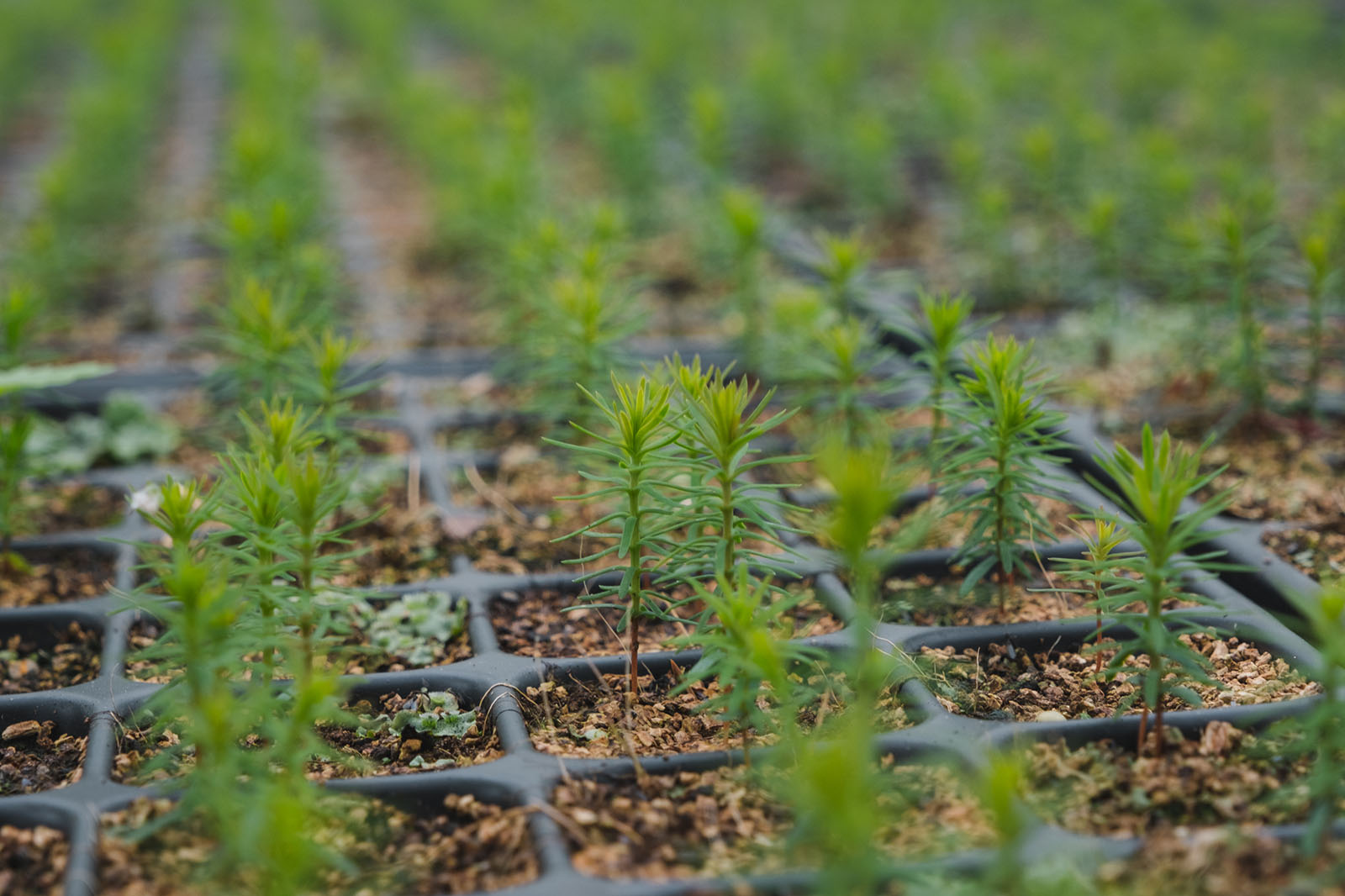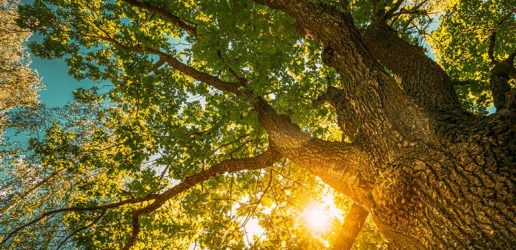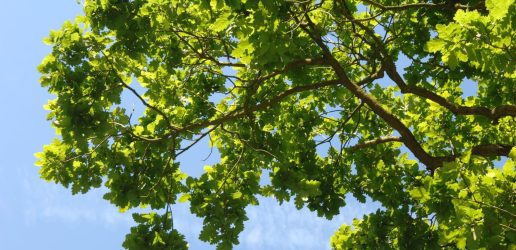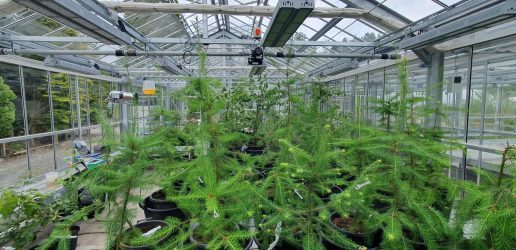Top tips on how to develop a biosecurity action plan are now available from the Forest Research Climate Change Hub*, providing landowners and managers with the latest information on how to prevent the introduction and spread of harmful pests and pathogens.
Trees are under increasing pressure from harmful pests and pathogens. Changes in our climate mean that pests or pathogens stand a much greater chance of getting established. Plus, the growth of global trade and travel increases the chances of introduction through existing entry pathways. Therefore, it’s vital that we all play our part, stay informed, and do what we can to protect the health of our nation’s trees.
Developed in association with the Forestry Commission’s Plant Health team, the resource pulls together guidance on why biosecurity is so important and offers practical steps that can be taken to stop the spread of pests and pathogens, from making sure all equipment, including boots, clothing, ropes and saws, is free from soil and organic material before entering and leaving a site, to keeping accurate, up-to-date records of all purchases and supplies that can be traced in the event of an outbreak.

Top tips shared include:
- Understand your site – the key to a healthy, pest or pathogen-free woodland is understanding your site and the threats to it, from identifying the ways (natural or human-made) that tree pests and diseases could enter your site to researching which pests and diseases affect your tree species.
- Carry out biosecurity measures – significantly reduce the risks to tree health in your woodland by following the Forestry Commission’s three calls to action: ‘Think kit’; ‘Think transport’; Think trees, plants, and materials’.
- Review reporting methods – look into and research the best routes for reporting any suspected tree pest or disease to the relevant plant health authorities (via the TreeAlert online portal or by contacting planthealth@deara-ni@gov.uk in Northern Ireland).
- Take action – understand the key steps you need to take if a disease is confirmed, from making visitors aware, to monitoring trees safety.
To find out more visit: Biosecurity | Forest Research Climate Change Hub
The new resource from Forest Research comes as the Forestry Commission announces that planting of spruce trees in parts of East Anglia and South East England is to be restricted as part of additional new measures following further findings this season of Ips typographus, also known as the eight-toothed spruce bark beetle. Landowners, businesses and land managers are urged to comply with new requirements and stay vigilant to protect against Ips typographus.
*The Climate Change Hub brings together information and practical guidance about protecting UK woodlands and forests from the impacts and risks due to the changing climate through adaptive practice.
Recent News
View All news
Woodland managers are invited to take part in a new project to protect the nation’s oaks
Join a webinar and in-person workshop to learn about monitoring and protecting oak trees.

Webinar: Observing and understanding oak health across the UK
An online webinar launching a new, practical oak-health monitoring system for woodland managers and volunteers across the UK.

Webinar: Understanding drought risk for UK woodland creation and forestry
Hear about new research on how rising drought risk is reshaping UK forestry and the tools being developed to support climate‑smart woodland creation.

Woodland managers are invited to take part in a new project to protect the nation’s oaks
Join a webinar and in-person workshop to learn about monitoring and protecting oak trees.

Webinar: Observing and understanding oak health across the UK
An online webinar launching a new, practical oak-health monitoring system for woodland managers and volunteers across the UK.

Webinar: Understanding drought risk for UK woodland creation and forestry
Hear about new research on how rising drought risk is reshaping UK forestry and the tools being developed to support climate‑smart woodland creation.
